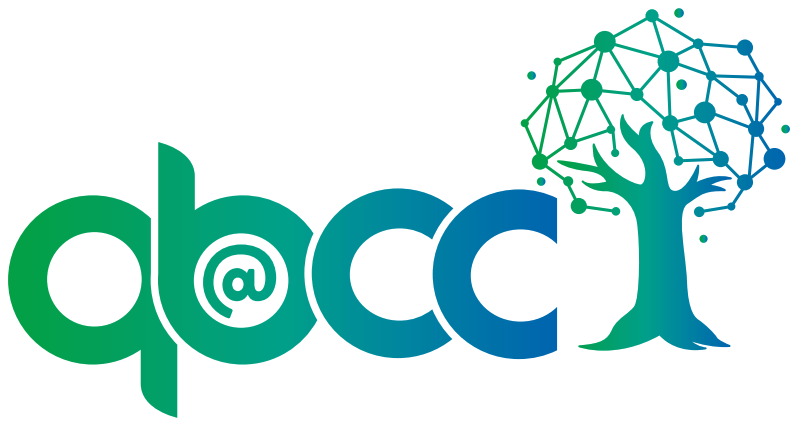Quantitative Biology at Community Colleges
About the Project
This project is supported by an NSF Research Coordination Network Undergraduate Biology Education (RCN-UBE) grant. This network arises from the groundwork laid by the Quantitative Biology at Community Colleges working group at the National Institute of Mathematical and Biological Synthesis (NIMBioS). The participants in this working group were selected based on their expertise in mathematics and biology education, developmental mathematics, curriculum development, discipline based education research, evaluation, and professional development. Several participants in the working group have expressed an interest in continuing with the project through this RCN UBE. This continued commitment will push the RCN UBE network agenda forward more quickly as the groundwork has been laid by the working group including:
-
a needs assessment and inventory survey of quantitative skills in Community College biology education which will inform the design of the network professional development programming and evaluation,
-
a growing collection of OER materials from working group members,
-
and a quantitative biology matrix which connects biological and mathematical concepts with quantitative skills appropriate.
The Quantitative Biology at Community Colleges network is hosted on QUBES, bringing the network into the QUBES community of over 6,800 faculty and organizations focused on quantitative biology education reform. In addition to QUBES cyberinfrastructure, the Quantitative Biology at Community Colleges network will utilize the Incubator and Faculty Mentoring Networks designed by QUBES. Incubators are facilitated workspaces where small groups of faculty work together to generate and beta test educational materials. QUBES staff support this process, sharing best practices in curriculum development and organization, access to resources, and guidance in the publication process. QUBES also provides an Open Education Resource (OER) publication system that allows the developers of new materials to make their materials accessible to others, and allows users to make adaptations that are linked back to the original. This provides both the developers and subsequent users credit for their efforts.
CC Faculty will be recruited from across the country through the collaborators’ networks. The goal is to engage faculty from biology and mathematics, but faculty from other relevant areas including health sciences, chemistry statistics, computer science, and data science backgrounds will also be invited to participate. Both adjunct and full time faculty are welcome to participate in network activities. The network is also provides future faculty - graduate students and postdoctoral fellows - the opportunity to learn more about careers at CCs.
